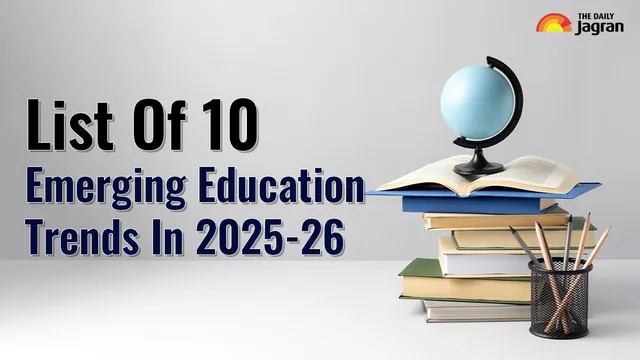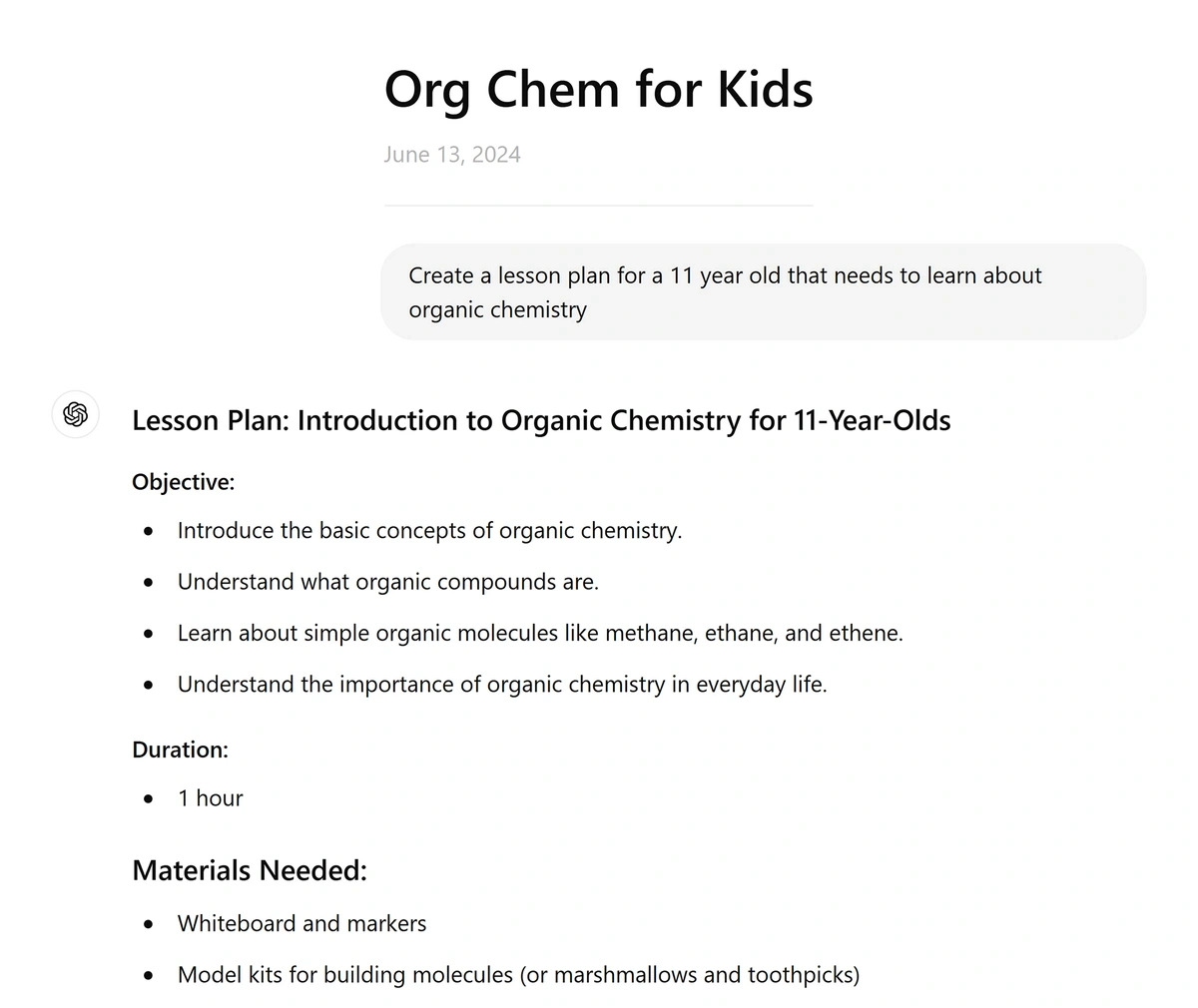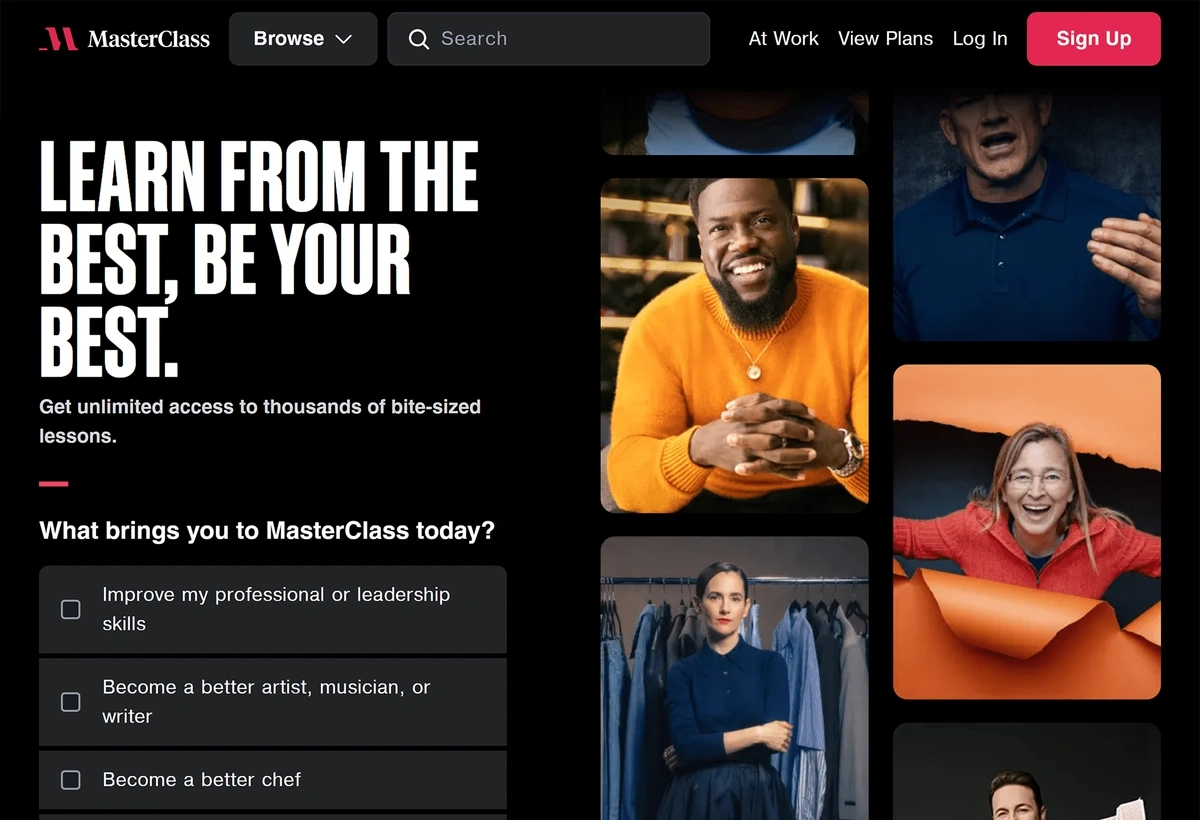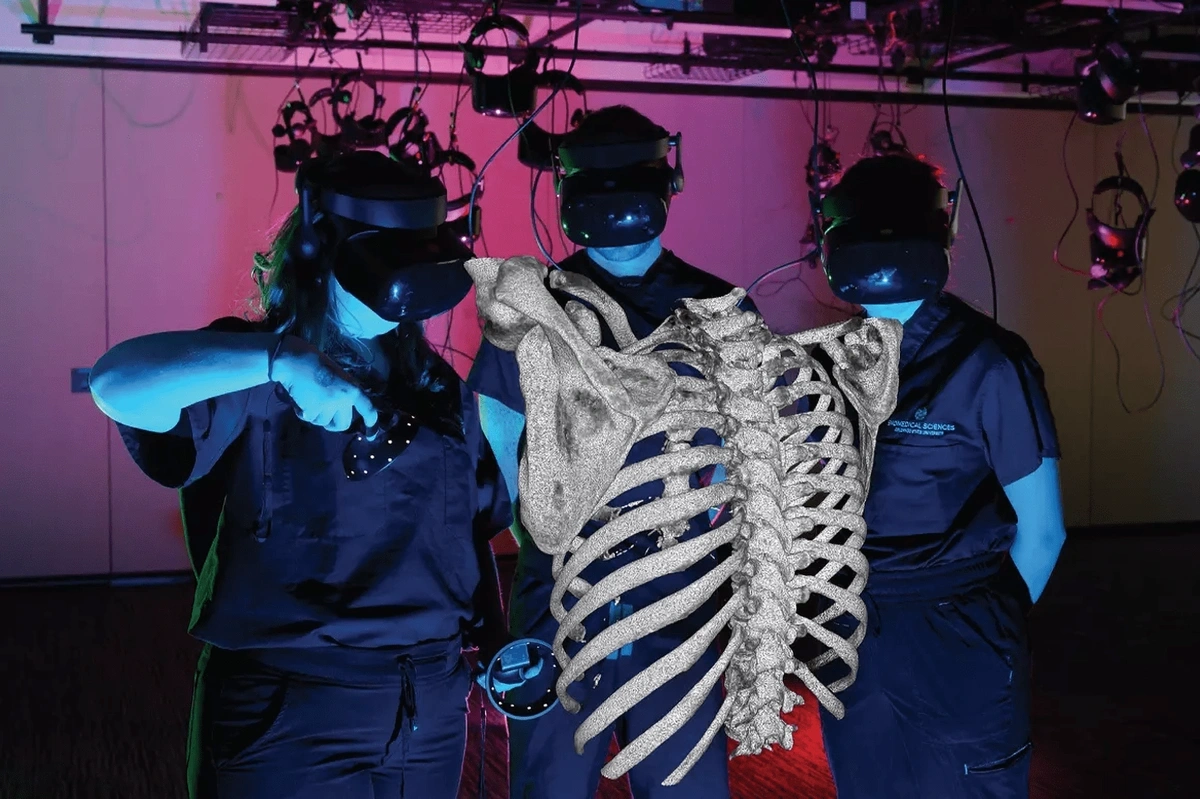Emerging Education Trends: Education in 2025 and 2026 is undergoing a massive transformation, driven by artificial intelligence, extended reality, and neuroeducation. These tools enable personalised learning, real-time feedback, immersive experiences, and advanced brain-based teaching strategies. Schools, colleges, and even businesses are rapidly adopting these innovations to engage students more deeply and effectively.
Platforms like Thinkific, MasterClass, and Teachable are empowering instructors and professionals to create niche, high-quality courses. Meanwhile, institutions are focusing on soft skills, gamified learning, and alternative assessments to prepare learners for a complex, digital-first world. The shift is not just about tools—it's about evolving mindsets.
The Future of Education: Personalized, Immersive & Entrepreneur-Driven Learning Is Taking Over
1. AI Transforms Personalised Learning and Tutor Support
AI is no longer a future concept—it’s actively reshaping classrooms. Tools like ChatGPT provide students with instant, adaptive feedback, personalised study paths, and 24/7 tutoring. AI analyzes performance data, helps teachers craft lessons, and even automates grading. Rather than replacing educators, AI amplifies their impact and saves time, enabling a more tailored educational experience.
2. Neuroeducation Challenges Traditional Methods With Brain-Based Teaching
Neuroscience is now a foundation for smarter teaching. Neuroeducation reveals that lectures, rote learning, and generic homework don’t always work. Instead, it encourages techniques like guided learning, attention-focused lessons, and personalized instruction—enhancing memory retention, critical thinking, and student engagement. Schools are rethinking entire curricula around these principles.
3. Microlearning Builds Better Retention Through Bite-Sized Lessons
Microlearning tackles attention limitations by delivering knowledge in small, repeatable bursts. Instead of long lectures, students receive brief, focused modules that promote long-term retention. This approach is especially useful in skill-based learning and corporate training. With search interest surging, microlearning is becoming a mainstream method across online platforms.
Searches for "microlearning" have more than doubled over 5 years.
4. Online Learning Dominates With Scale, Affordability, and Flexibility
Online education is no longer a supplement—it's becoming the core. Affordable, flexible, and accessible, online courses on platforms like Udemy and Coursera attract millions. Satisfaction rates are soaring, and even top universities are shifting to online-first strategies. This digital shift is supported by powerful tools built specifically for educators.
5. Celebrity Educators Bring Star Power to Online Platforms
MasterClass leads a trend where celebrities and field experts—like Martin Scorsese or Bob Iger—teach directly. These courses inspire learners and bridge the gap between theory and real-world success. It’s no longer just about qualifications; star power and practical insight are driving deep engagement and motivation in education.
6. Course Creators Go Independent With Tools Like Thinkific and Teachable
Educators and entrepreneurs are bypassing platforms like Udemy by launching their own courses via Thinkific or Teachable. These tools offer everything—from content hosting to payment systems—allowing creators to retain most of their revenue. As a result, online teaching has become a viable career path for millions globally.
7. Niche EdTech Platforms Cater to Specialised Fields
Professionals are turning to targeted platforms for in-depth, industry-specific learning. Cybersecurity experts use Hack The Box; IT pros rely on Cybrary. These niche platforms are growing fast, filling the gaps that general platforms miss. Their gamified, advanced content ensures learners gain the skills required for certifications and real-world roles.
8. Homeschooling Evolves With Microschools and Virtual Classrooms
Startups like Outschool and Prenda are modernising homeschooling. Outschool offers live online group classes; Prenda uses small in-person microschools. These models combine flexibility with personalized guidance, helping parents provide structured education outside traditional schools. Interest in these models has surged post-pandemic and continues to grow.
9. Higher Education Adopts Extended Reality for Immersive Learning
Universities are integrating XR (AR, VR, MR) into their curricula. From VR cadaver labs in med schools to 3D simulations in engineering, XR enhances spatial understanding and hands-on skills. Schools like the University of Michigan are partnering with Coursera to deliver fully immersive online programs using extended reality technologies.
VR technology is giving med students a 3D approach to learning.
10. Soft Skills Take Center Stage in Hiring and Education
Businesses crave communication, teamwork, and emotional intelligence—skills often overlooked in test-driven education. Schools are adding soft skills to their assessment models, while companies are using VR to train employees in real-world interactions. Platforms like Mursion offer simulated experiences to bridge the soft skills gap at scale.
A New Era of Education Is Here
Education in 2025 and 2026 is no longer confined to chalkboards and classrooms. It's a dynamic, tech-driven experience shaped by AI tutors, VR labs, and self-made course creators. Institutions, startups, and learners are embracing tools that make education smarter, more inclusive, and profoundly personal.
As we move forward, the boundary between formal education, self-learning, and real-world training continues to blur—giving rise to a system that finally fits the future.






